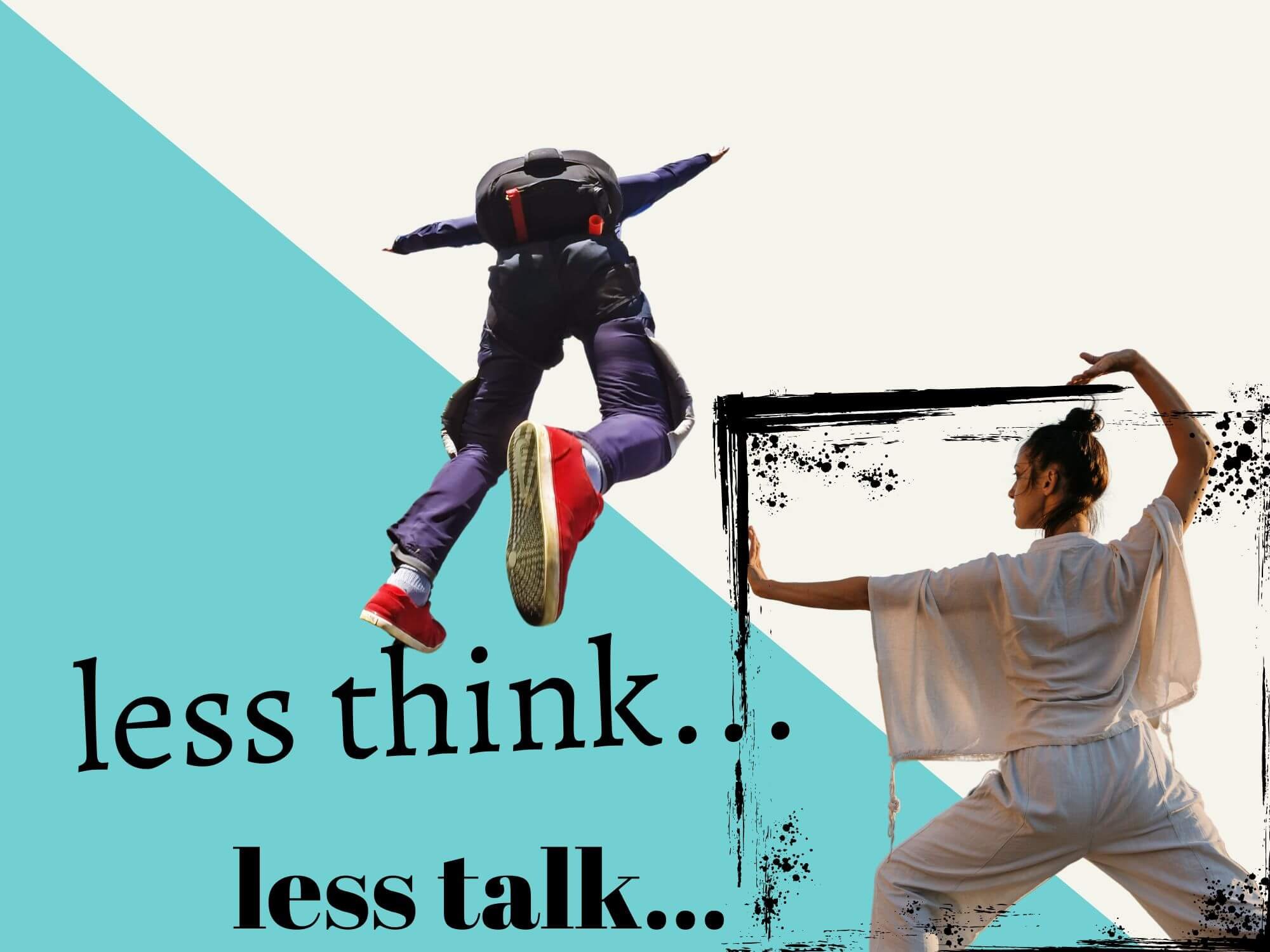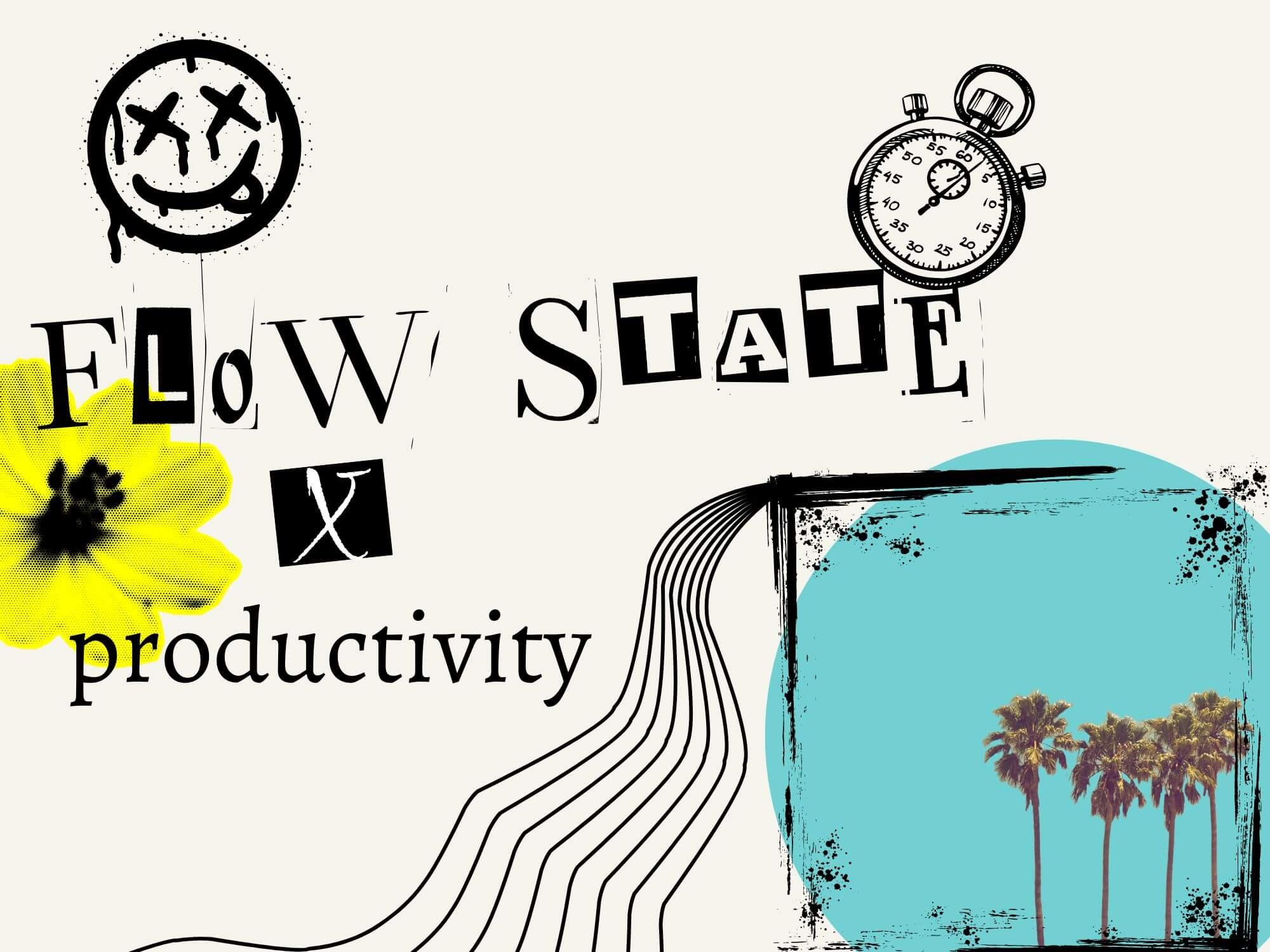The Importance of Smaller Steps for Big Changes (+ 7 tips)
Goals and big ideas — it’s the stuff that life is made of. Having a dream (or two) to chase after is amazing, but without the right game plan, we run the risk of never meeting it.
So welcome the importance of smaller steps, the things that lead to the biggest changes.
I’m psyched to have you here, and I hope this post offers some serious value for you.
So without further ado, let’s get it.
The Importance of Small Steps (reasons to love them)
Let’s start with the why.
Why should we embrace small steps forward?
I mean, does this not fly in the face of “overnight” success and big leaps forward?
Well, as you may well know, nobody tells you how long it actually takes to be an overnight success…
So let’s explore some reasons to love this strategy.
Some Kick-Ass Benefits of Taking Small Steps
These are my favorite benefits of taking small actions:
They’re easier to start and faster to finish
They tend to be lower-stress and more manageable
They’re a most sustainable way to build long-term growth and success
They teach you to love the process (which is the true secret sauce)
They can fit into almost any schedule and situation
They strip away the pressure of perfection, by refocusing on the micro moments
They’re easier to give your full focus and attention to
Small Steps Lead to Big Changes (7 tips that work for me)
Let’s explore to how implement a small-step strategy.
These are the things I use to stay on track and push the envelop just a little more each day.
1. Work Backwards
I stopped chasing the macro.
Now, I break things down from a macro objective into its micro components, and then further into nano tasks.
I focus on the nano — the day-to-day.
This nano focus brings you closer to meeting micro goals, which brings you closer to…well, you know.
This has been a huge paradigm shift for me.
It’s reverse engineering the goal setting process, and it’s incredibly powerful.
The first step is to clearly identify your bigger, long-term goal.
From here, you need to break things down into the micro goals required to reach that main goal.
For example, let’s say I have a macro goal of growing my music fan base to 10,000 monthly listeners. What are the micro goals required to reach this point?
There are many factors, but some core micro goals to reach this bigger objective could be:
Growing a social media following
Creating high-quality, unique music
Having some value or differentiation that can’t be found elsewhere
Each of these micro goals can be further broken down into nano goals, or tasks.
For example, growing an engaged social media following would require daily nano tasks of posting value-adding content and engaging with people online.
And creating quality music would require daily songwriting and improving my music production skills.
These things are easier to tackle.
I can do this.
2. Stop Comparing
Your current moment is not your next one (or the next, or the next, or the next…).
Comparison culture destroys creativity, confidence and motivation.
But it’s pretty difficult to avoid.
And we all know how unhelpful and unrealistic it is.
I mean, if you’re new to singing, it’s probably not the best idea to compare yourself to Ed Sheeran.
BUT, if you must compare, try using an early example of him singing, when he was still learning. It’s way more motivating and way more realistic.
Beside choosing the right comparison model, another helpful habit is learning how to look inward and only doing self comparison.
That is, only comparing yourself to who you were yesterday (and the day before, and the day before that, and the day before that, and so on…).
It’s motivating to remember how far you’ve actually come.
3. Cultivate the Right Mindset
It’s been said — a lot — and it’s true: mindset is everything.
But why is it so crucial?
Here are a few of the benefits I’ve experienced from mindset mastery:
The ability to reframe problems into opportunities for growth
Viewing setbacks and failure as fun, key learning moments
I’m literally changing my brain and body
According to Stanford, the right mindset can decrease stress, make you healthier and influence your reality (or perception of it)
Let’s look at a few tips for getting into the right mindset:
Become aware of any limited thoughts and fixed thinking patterns you may have
Challenge and disprove any fixed beliefs using the science of neuroplasticity
Start a meditation routine to become more present and aware
Be kind to yourself and appreciate the improvements you’ve made and the skills you’ve gained
Fall in love with your mistakes
Research the success of others (and realize that growth and success are not linear)
4. Focus On Quantity (not quality)
I love this advice: focus on quantity, not quality.
It’s how I got better and more confident with music and production skills (and how I’m now improving my filmmaking chops).
It’s a simple and low-stress tactic. And it just makes sense.
Quantity, at scale, tends to create the best quality results.
But why?
Here are a few reasons:
It takes the pressure away from perfection (leaving fun and creativity)
It’s a numbers games — the chances of making something great improves the more you do it
It’s practice — the more you do something, the better you get
So remember this: creating numerous lower-quality iterations (i.e., small steps) may be the best path to your best work.
5. Use A Workflow
Having a workflow can add a lot of clarity to your process and progress.
A workflow is basically an organized template or process map you can follow for all of your projects and goals, taking things from ideation to completion.
A good workflow will move you closer to your endpoints, little by little.
Workflows also identify and create workarounds for potential bottlenecks or weaknesses (such as getting distracted or dealing with time constraints).
To be honest, I don’t use my workflow everyday anymore.
But this is because the workflow ended forming new habits. A lot of my systems are just routines now.
So try creating a customized workflow.
Create something that works for you and your goals and all of the small daily steps you’ll be taking that fit nicely into your schedule.
Repeat this for one year (or shorter) and look back in awe.
6. Stay Patient + Love the Process
Being more process oriented has been a game-changer for how I view success.
Because I believe in a simple truth: there are no finish lines.
Rather, there are checkpoints, which inevitably lead to more goals (“finish lines”).
But this is a good thing — keeps life engaging and fun.
Falling in love with the journey makes incremental steps easier and more enjoyable. You become more patient.
Reaching macro goals can take a long time.
So remember to celebrate the small wins and to not be too hard on yourself for days that feel stagnant.
Because chances are, they’re not as stagnant as you think.
Compounding is happening.
So have fun, stay patient and try to enjoy the ride.
7. Set Yourself Up for Success
Our environments matter.
So the idea of stacking the deck in your favor is a simple one – and nothing new.
Simply put, we perform better and are more motivated when our surroundings and external factors are supporting our goals and mindset.
So here are three key areas that I like to pay the most attention to:
Your inner circle
Who do you spend time with? Are they motivating and aligned with your values and goals?
Your outer circle
Who do you listen to? What types of content do you consume? Is it conducive to reaching your goals?
Your environment
Is your room and living box motivating and inspiring? What sounds, smells, sights and designs inspire you?
Want More? Check Out These Sweet Reads!





